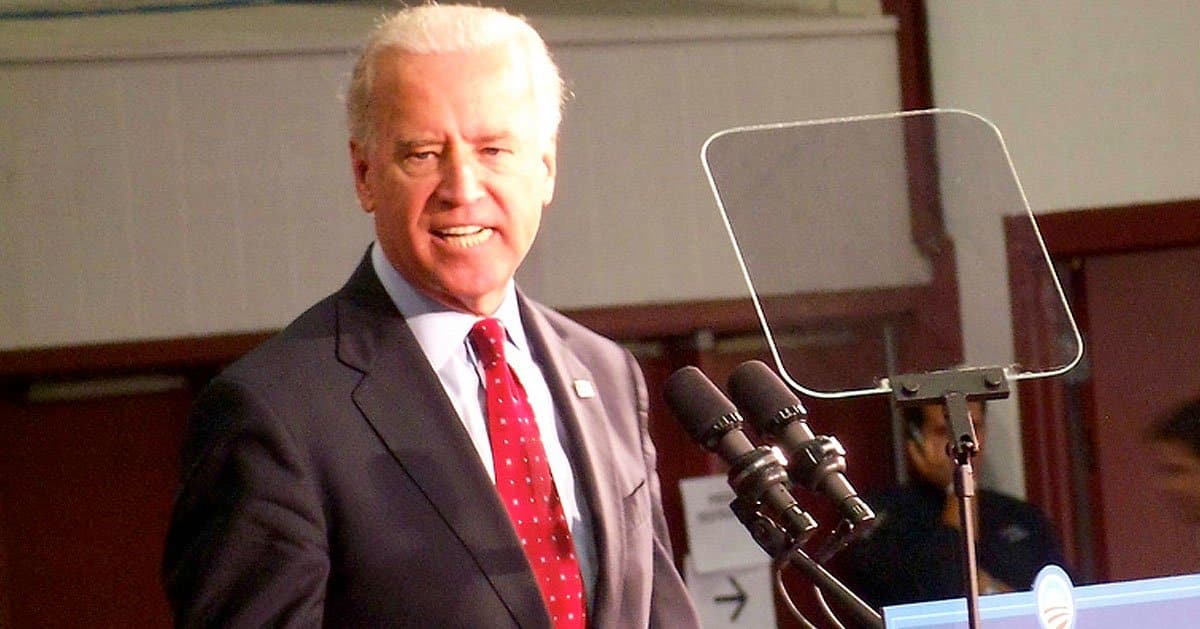




Donald Trump has filed a lawsuit against Ann Selzer, The Des Moines Register, and Gannett, alleging consumer fraud due to a poll that placed Kamala Harris ahead by three percentage points in Iowa.
NBC News reported that the lawsuit asserts that the poll was deceitful, affected the election process, and contrasts with Trump’s substantial victory margin in Iowa.
The specific poll that spurred this action was released on November 2 and indicated Harris leading by a narrow margin over Trump, a claim contested by Trump's overwhelming victory in the state.
The poll suggested Harris had 47% support compared to Trump's 44%, however, the latter's substantial success contradicted these figures.
The dispute continued to gain traction when Trump mentioned the lawsuit in a speech delivered on December 16, 2024, at his Mar-a-Lago estate.
During his address, he expressed his motivations, stating that he felt compelled to challenge the entities involved due to an alleged shift in polling behavior from predicting his victories accurately to presenting a negative outcome shortly before the election.
Central to the lawsuit are claims from Trump's legal team suggesting the poll aimed to fabricate Harris's "inevitability" in the race's last week. The poll's early findings, leaked before its official release, instigated an internal investigation still backing its integrity.
Nevertheless, legal experts express skepticism about the lawsuit prevailing, noting potential underlying objectives beyond court success.
The Des Moines Register maintains confidence in its reporting, dismissing the lawsuit as meritless. A spokesperson for the Register emphasized their stance on upholding the accuracy and fairness of their work in this incident.
Meanwhile, Ann Selzer, the poll's orchestrator, announced her intention to withdraw from polling future political contests post-election, amidst the lawsuit upheaval.
Media law expert Clay Calvert expresses doubts concerning the lawsuit’s viability, citing strategic motives such as intimidating journalists rather than securing a court victory. Calvert anticipates this legal action might herald future endeavors against media entities, indicating a trend towards utilizing litigation as a pressure mechanism on the media landscape.
Apart from this lawsuit, Trump has been active on other legal fronts, recently acquiring a $15 million settlement from ABC News in a defamation suit.
Moreover, he is currently challenging the Pulitzer Prize Board for awarding coverage related to Russia and his 2016 campaign. These actions reflect an ongoing pattern of legal engagements seemingly aimed at rectifying perceived grievances and influencing narratives.
Rick Hasen, an expert in election law, aligns with opinions stressing the slim chances of the lawsuit proceeding further in court. Despite skepticism from experts, Trump's legal team remains assertive about their claims, accusing Selzer of bias and intentional political manipulation favoring the Democratic Party.
A critical analysis of Trump’s legal strategy in this instance can be observed as a continuation of his broader approach towards countering entities he perceives as misleading or damaging to his public image.
This lawsuit serves as an extension of such tactics, employing legal systems to contest narratives and maintain a strong political foothold. As it stands, the outcomes remain uncertain, with numerous parties adamantly defending their positions while critiquing the lawsuit's fundamental motivations.



